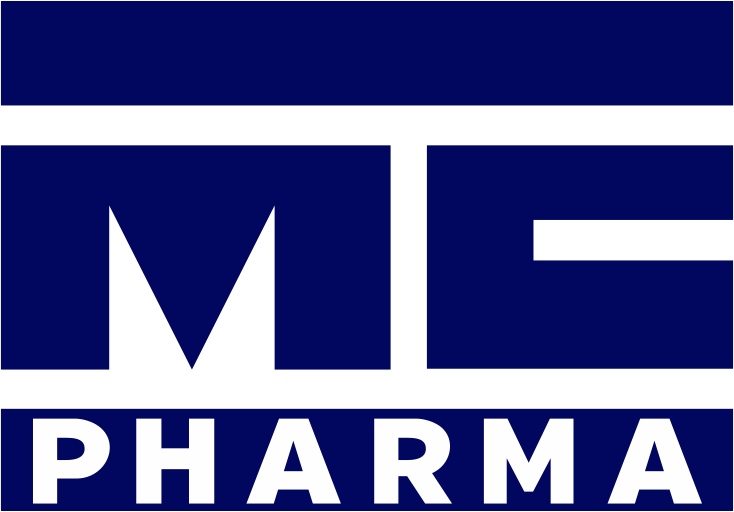Quality and Compliance Solution
Ensuring Quality and Compliance
A Strategic Gateway to Pharmaceutical Success in the GCC
In the Gulf Cooperation Council (GCC) region—comprising Saudi Arabia, the UAE, Qatar, Oman, Bahrain, and Kuwait—the pharmaceutical sector is experiencing rapid growth. However, market access hinges on a critical dual imperative: robust quality management and unwavering regulatory compliance.
At MePharma, we support pharmaceutical companies in establishing quality systems that exceed regional expectations and secure sustainable market entry and expansion.
✅ Why Quality and Compliance Matter in the GCC
With rising healthcare investments and increasingly stringent oversight, the GCC’s regulatory bodies—such as the SFDA (Saudi Arabia) and MOHAP (UAE)—demand consistent proof of pharmaceutical safety, efficacy, and manufacturing integrity.
Companies that demonstrate high standards not only accelerate product approvals but also build trust with key stakeholders, including regulators, healthcare providers, and patients.
🛠️ Implementing Robust Quality Management Systems
To operate successfully in the GCC, pharmaceutical companies must align with internationally recognized frameworks such as:
- ISO 9001 – Quality Management Systems
- GMP (Good Manufacturing Practice) – Regulatory Compliance for Manufacturing
A comprehensive QMS addresses:
- Quality control and assurance
- Documentation and change control
- Risk-based decision-making
- Training and continuous improvement
By embedding these principles, companies ensure consistent output and regulatory readiness.
💻 Embracing Technological Innovation
Digitalization is reshaping how pharma companies manage quality and compliance. We recommend integrating:
- eQMS platforms for real-time documentation and audit trails
- Automated QC systems for precision testing and process monitoring
- Data analytics tools to identify quality trends and preempt deviations
These tools drive agility, reduce human error, and support rapid market responsiveness.
🌍 Navigating the GCC Market Landscape
Each GCC country brings unique opportunities and challenges. Despite variations, they share:
- A strong emphasis on regulatory transparency and patient safety
- Growing demand for innovative, accessible therapies
- A preference for manufacturers with proven quality frameworks and local partnerships
Understanding local nuances helps tailor both your compliance approach and market entry strategy.
🌟 Building Trust and Brand Reputation
In a market where healthcare quality is closely watched, consistent compliance directly impacts:
- Regulatory credibility and license renewals
- Prescriber and pharmacist confidence
- Word-of-mouth endorsement from local KOLs and stakeholders
Conversely, lapses in compliance can result in:
- Regulatory delays or rejections
- Loss of market access
- Reputational damage that’s difficult to reverse
📋 Meeting GCC Regulatory Standards
Compliance requirements include:
- Product registration and licensing
- Batch testing and serialization
- Labeling and pharmacovigilance reporting
- GMP audits and post-market surveillance
MePharma helps companies align with these obligations while maintaining flexibility for future product launches.
🚀 Succeed in the GCC Market with Confidence
At MePharma, we guide pharmaceutical manufacturers through the complex intersection of regulatory expectations, quality frameworks, and operational strategy. Whether you’re entering Saudi Arabia, expanding across the UAE, or scaling regionally—we help you build systems that last and reputations that matter.
📩 Contact Us Today to explore how we can support your quality and compliance success across the GCC.
